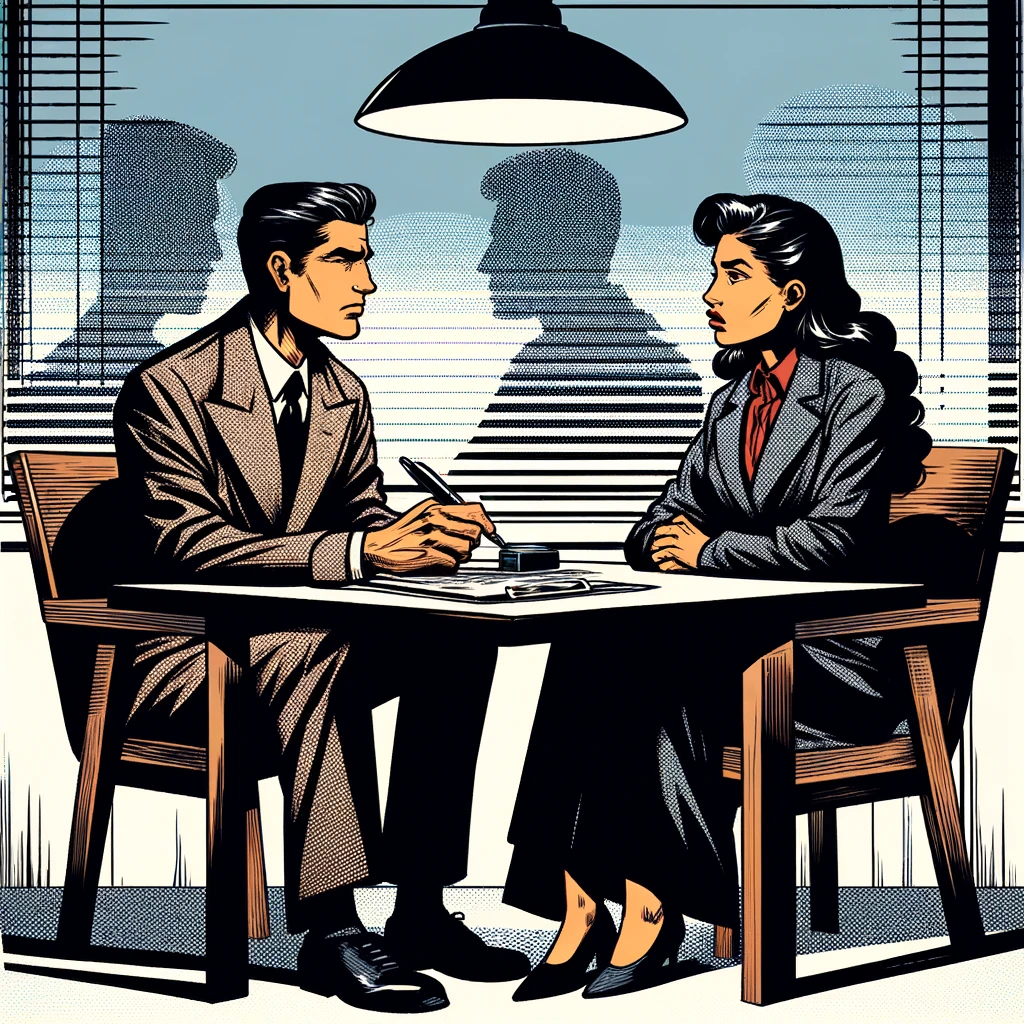Is there a Statute of Limitations on Sexual Assault Charges such as those pending against Members of the 2018 Canadian World Junior Team?
Multiple media outlets reported this week that five former members of the 2018 Canadian World Junior team are going to be arrested for sexual assault. The impending criminal charges appear to relate to an alleged sexual assault that took place in London, Ontario in June 2018.
There is now reporting as well that members of the 2002-2003 Canadian World Junior Team are being investigated by Halifax Police with respect to sexual assault allegations from the tournament that took place in Halifax just over 21 years ago.
How Long After a Sexual Assault Can Somebody be Arrested and Charged?
The criminal offence of Sexual Assault is set out at section 271 of the Criminal Code of Canada. It is, like the majority of offences in Canada, what is called a “hybrid offence”.
When something is a hybrid offence, it means the prosecutor – the Crown Attorney’s Office – can choose whether to proceed by “summary conviction” or by “indictment”. Very broadly speaking, charges that proceed by summary conviction would tend to be less serious and those that proceed by indictment will tend to be more serious.
There are several important implications for that decision by the Crown. One of those implications is the issue of the statute of limitations. If the Crown proceeds “by indictment”, there is no statute of limitations on how long after the alleged offence the arrest and laying of charges can take place.

Why is there No Statute of Limitations for Sexual Assault?
As explained above, it is not only historical sexual assault that can be prosecuted at any time: it is any indictable offence or hybrid offence that the Crown elects to proceed by indictment.
But our courts have recognized that specifically for sexual assault, delayed reporting may be common. The possible reasons for delayed reporting of sexual assault are many. Courts have made clear that the delay in reporting a sexual assault does not in and of itself lead to an inference that the complaint is less likely to be true. The absence of any statute of limitations allows historical complaints to be prosecuted whether or not the allegation is raised at the time of the alleged offence.
What Effect Might the Passage of Time Have on a Sexual Assault Trial?
Historical sexual assault trials may be different in some ways from those that deal in more recent allegations.
For one, some important evidence may no longer be accessible. This applies to both inculpatory evidence and exculpatory evidence. If the allegation was not made known to police and therefore not investigated for years or decades, some of that evidence may be lost forever. A prime example of this is inter-personal communications: text messages, DMs, Snapchat messages, etc.
Tracking down witnesses may become more difficult. This is a challenge for both the prosecutor and the defence. There are not often witnesses to the alleged sexual assault itself, but there are often witnesses who can give circumstantial evidence: About the timing of events, what the accused or complainant were seen to be doing before or after the alleged assault, and countless other circumstantial facts that can help the court determine what took place.
Tangible evidence may no longer be available. Sometimes when a complainant reports a sexual assault immediately after it happens, he or she will attend the hospital for examination. Injuries would be recorded, if any. Bodily samples may be collected, if any. These can be relevant to identifying alleged perpetrators but can also serve as circumstantial evidence in helping the court learn what actually took place.
Lastly, memories fade. This applies to anybody who might have relevant evidence to give: the complainant, the accused, or third-party witnesses.
Will the Court Dismiss Dated Allegations because of the Passage of Time?
Courts take common-sense approaches to the degradation of memories over time. A judge will not likely disregard a witnesses’ testimony because they cannot remember the colour of the shirt of an accused six years ago, for example. A judge is unlikely to say that a complainant who cannot remember details must not be able to remember whether or not she consented to sexual activity, for example. Even for events that took place much more recently, judges take common-sense approaches to evaluating the reliability of testimony and the credibility of witnesses. And juries are directed to do the same. So the fading of memory over time does not necessarily make it impossible or even more difficult for the Crown to prove a sexual assault. But there is a difference between facts to which witnesses can testify believably and facts that witnesses must concede they cannot remember. There will often be less circumstantial evidence on which the judge or jury can base their decision. While it the Crown that must prove guilt beyond a reasonable doubt, there are cases where the absence of reliable evidence can harm the defence as well.

Weren’t the 2018 World Junior Team Allegations Already Investigated and Dismissed?
Per reporting, the alleged victim did report the allegation of sexual assault against those members of the 2018 Canadian World Junior Team right away. The London Police were informed and involved as soon as the next day. No charges were laid at that time. But that does not impose a statute of limitations. There are many reasons why a police force may choose not to lay charges at a given time. They may determine they do not have reasonable probable grounds to believe the offence took place. They may not be able to identify the alleged perpetrator or perpetrators. Or the complainant may advise he or she does not want to proceed at that time. While the wishes of the alleged victim is not binding on police, they may consider the complainant’s position in exercising their discretion to lay charges or not lay charges. Nothing, however, prevents the police from making arrests and laying charges at a later date.
It may be that further evidence surfaces. It may be that the complainant expresses a change in desire to have the matter proceed criminally. But no particular reason is required for the police to have the legal authority to arrest and charge years later for a historical sexual assault allegation.
Are the Members of the Canadian World Junior Team not Protected by “Double Jeopardy”?
No. They are not. Charges were never laid and the issue of guilt or innocence was never ruled upon. Absent some evidence of abuse of process (which would require circumstances beyond anything that has been reported on so far), there is nothing that would prevent the prosecution of the charges now, regardless of the police failure to lay charges at the time of their initial investigation.






